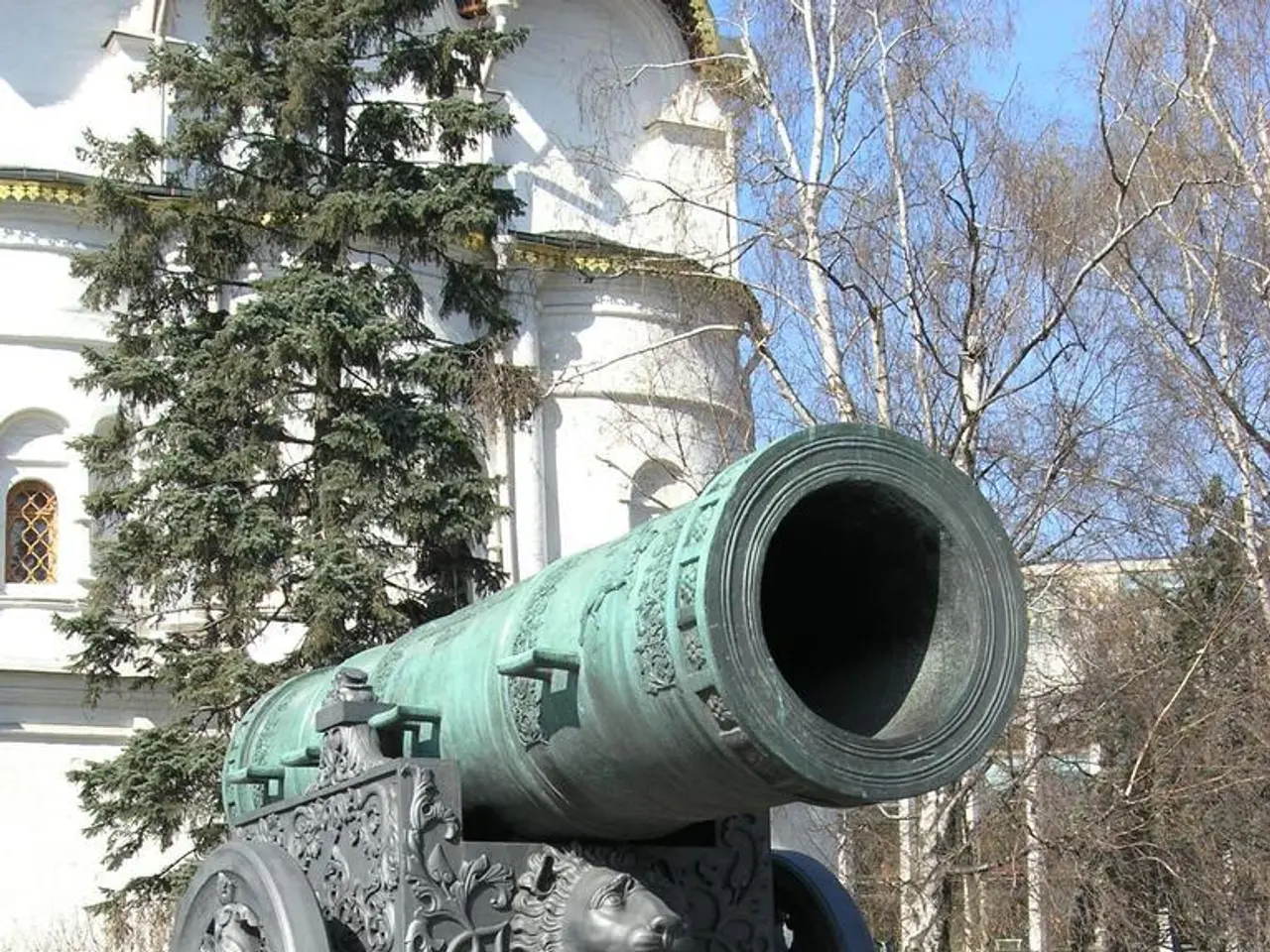The Commission has yet to issue a statement on the matter.
In the face of growing challenges, the strength of NATO has never been more crucial than it is today. With its 70-year membership, Germany has played a significant role in securing European peace and stability.
Germany's entry into NATO in May 1955, ten years after the end of World War II, marked a turning point in European history. It signified Germany's reintegration as a trusted and responsible member of the Western international community, contributing to the stabilization and collective defense framework in Europe during the Cold War and beyond.
During the Cold War, Germany served as the eastern flank of NATO, with hundreds of thousands of Allied troops standing alongside the Bundeswehr. This long-standing membership helped anchor Germany firmly in a system of collective security that deterred aggression, promoted democratic governance, and fostered military cooperation among European and North American allies.
The security umbrella provided by NATO contributed significantly to the enduring peace in Europe for decades, including safeguarding Germany itself. Post-1990, Germany emerged as a leading political and economic power in Europe, and NATO membership underpinned its role as a stable democratic actor committed to European security. The alliance's collective defense principle (Article 5) has ensured NATO members, including Germany, respond jointly to any threat, which maintains stability across the continent.
The Russian attack on Ukraine has highlighted the fragility of security and peace in Europe. However, Germany's determination today is to further strengthen the NATO alliance. Allies sent soldiers to protect Germany just a decade after the horrors of World War II and the Holocaust, showing great trust and reconciliation. Membership in NATO is a commitment to a defense alliance and a community of values that stands for security and freedom.
Looking ahead, the future of NATO must be more agile, determined, and technologically superior. Defense spending in areas that were normal in the 80s needs to be drastically adapted. The focus post-summit should be on the credibility of NATO's deterrence and military capabilities. Germany is ready to assume responsibility alongside its allies in this endeavour.
The jubilee of Germany's 70 years of NATO membership is a promise for the future. This foundation persists today as NATO continues to evolve and expand, exemplified by recent new members like Finland joining in 2023. A strong NATO remains the guarantee for peace on the European continent.
Germany's membership in NATO, a collective security framework during war-and-conflicts, has played a pivotal role in shaping politics in Europe. Policy-and-legislation, particularly collective defense policy, has been significantly influenced by this long-standing alliance, as seen in Germany's commitment to respond jointly to any threat. This commitment extends beyond military protocols, encompassing shared values of security and freedom in general-news reporting.





